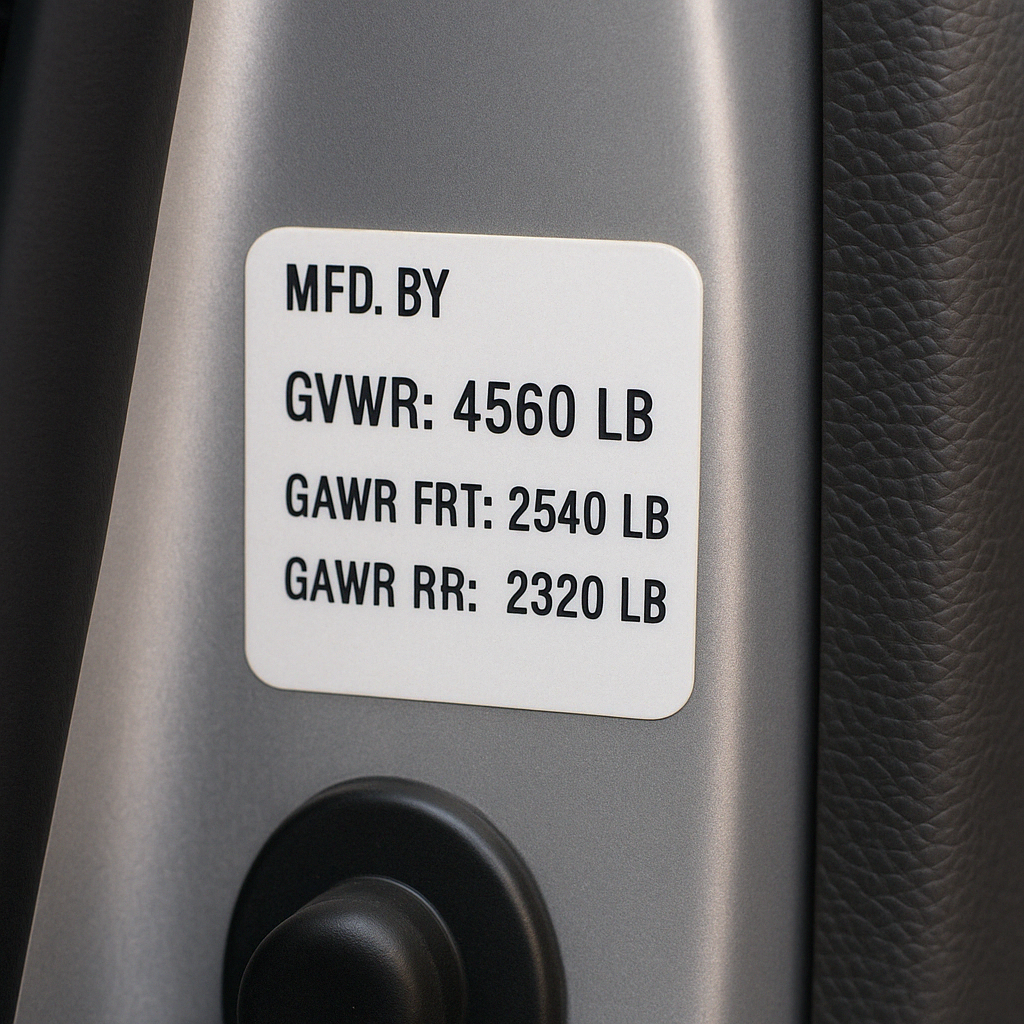1. Understand Your Vehicle's Weight
Before choosing a jack, check your vehicle's gross vehicle weight (GVW). This information is usually found in the owner’s manual or on a label inside the driver’s door. As a general rule, you want a jack that can handle at least ¾ of your vehicle's weight, since you’re typically only lifting one corner or side of the vehicle.

2. Common Jack Sizes and Their Use Cases
Jack Capacity | Suitable For |
2.5Ton/2Ton | Small sedans, coupes |
3 Ton | Most SUVs, midsize cars, light trucks |
4 Ton+ | Full-size trucks, heavy-duty SUVs |
If you're unsure, a 3-ton jack is often the most versatile choice for general household use.

3. Consider Lift Range
The minimum and maximum lifting height is just as important as weight capacity. If you drive a low-profile sports car, you’ll need a jack with a minimum height of around 3 inches (75 mm). For lifted trucks or SUVs, ensure the jack can rise to 18–21 inches (450–530 mm).

4. Floor Jack Types: Which One to Choose?
l Hydraulic Floor Jack: Durable and powerful, best for garages.
l Scissor Jack: Compact and great for emergency kits.
l Bottle Jack: High lifting, good for trucks, but less stable on uneven surfaces.

5. Don’t Forget Safety Accessories
Always pair your jack with jack stands. Never rely solely on the jack to hold a vehicle in place — it’s a tool for lifting, not for supporting long-term.

Conclusion
So, what size floor jack do you need? The answer depends on:
l Your vehicle’s weight
l Your ground clearance
l Where and how often you’ll use the jack
l As a starting point, a 3-ton hydraulic floor jack with a 75–510mm lifting range will suit most needs for cars and SUVs.


